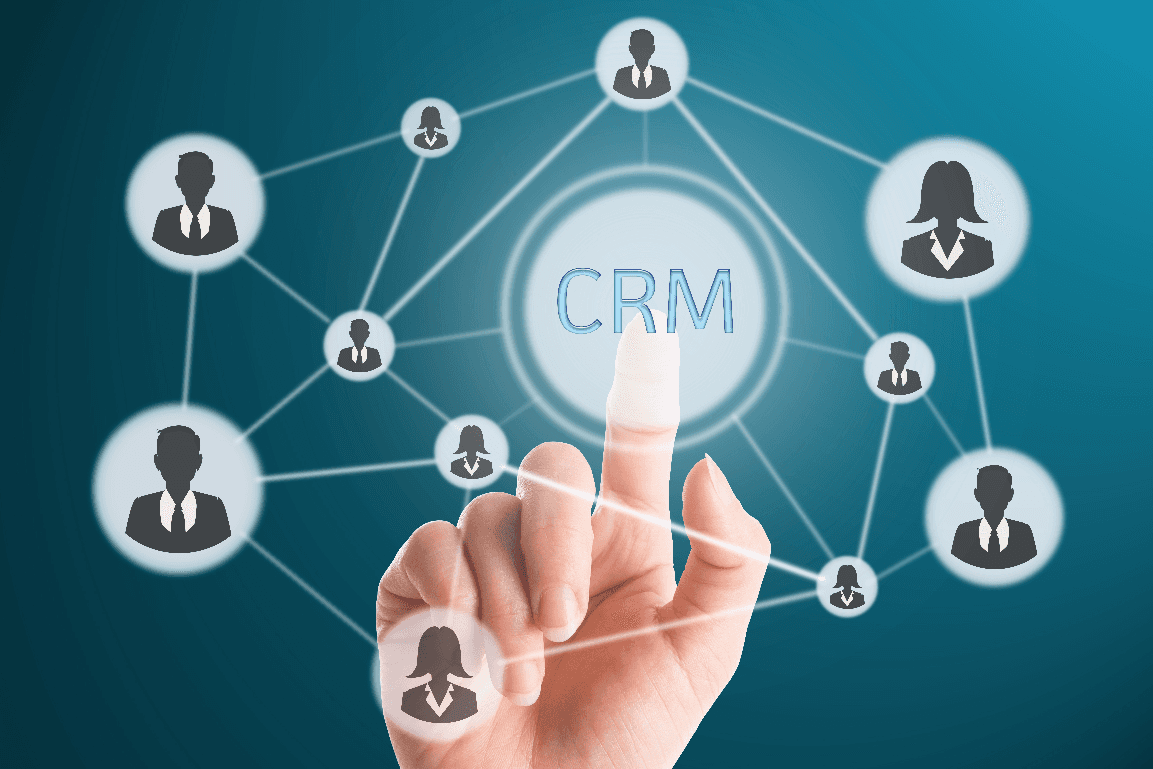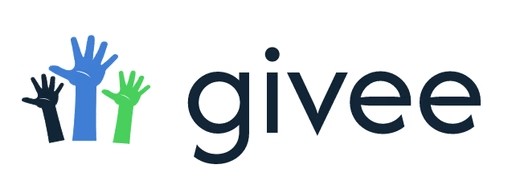How Nonprofits Can Choose the Best CRM: A Guide to Building Stronger Donor Relationships and Scaling Your Impact
on
Sep 24, 2024
Why Choosing the Right CRM Matters for Nonprofits
Think about it, your CRM is the backbone of your nonprofit’s operations when it comes to managing donor relationships and tracking your fundraising efforts. It’s not just a database; it’s the tool that keeps you organized, helps you understand your donors, and makes sure no potential support falls through the cracks.
The right CRM can transform how you connect with supporters, plan campaigns, and even save your team hours of work every week. It’s more than just a storage system, it’s a powerful tool for scaling your nonprofit. So, how do you choose the right CRM? And if you already have one, how can you make sure you’re using it to its fullest potential?
Let’s dive into the key features, top CRM options, and strategies to make sure your nonprofit’s CRM becomes a donation-driving machine!
Key Features to Look for in a Nonprofit CRM
When searching for the perfect CRM, it’s essential to focus on features that will make the biggest difference to your nonprofit’s day-to-day operations and long-term growth. Here are some of the most important ones:
Donor Management: A great CRM helps you track and manage your donor relationships. You’ll want to track every interaction, whether it’s donations, emails, or event participation, so you can easily stay in touch and build stronger, long term connections with donors.
Fundraising Tools: Your CRM should include built-in fundraising tools or integrations that allow you to launch campaigns, track progress, and automate follow-ups. This could mean creating personalized appeals, sending automated thank you emails, and setting up recurring donation options.
Reporting and Analytics: A good CRM gives you insights into donor behavior and campaign performance. You can see what’s working, what needs improvement, and where your next big opportunity lies. Reports help you analyze trends, such as donor retention rates and average donation amounts.
Integration with Other Tools: Your nonprofit likely uses multiple platforms, from email marketing software to accounting tools. A CRM that integrates smoothly with these systems will save time and reduce manual data entry.
User-Friendly Interface: Let’s face it, not everyone on your team will be a tech expert. The right CRM should be intuitive and easy to use, even for beginners. A cluttered or overly complicated system can result in frustration and low adoption.
Scalability: As your nonprofit grows, so should your CRM. Make sure the CRM you choose can handle increased data, donors, and fundraising activities without requiring major upgrades or switching to a different system down the road.
Understanding Your Nonprofit’s Specific Needs
Before you start looking at CRM options, it’s important to understand your nonprofit’s specific needs. Every organization is different, and the best CRM for you depends on factors like:
Size of Your Donor Base: Do you manage hundreds or thousands of donors? Some CRMs are designed for small nonprofits, while others are built for large organizations with complex needs.
Budget: Nonprofits have tight budgets, and CRM costs can vary significantly. Be clear about what you can afford, but remember that the right CRM is an investment that can save you money in the long run by improving efficiency and donor retention.
Special Features: Do you need event management tools? Volunteer tracking? Make a list of your unique needs to ensure the CRM you choose has all the necessary features.
Top CRM Options for Nonprofits
With so many CRM options available, it can be tough to narrow down the right fit for your nonprofit. Here are a few highly recommended CRMs that cater specifically to nonprofits:
Salesforce for Nonprofits: Known for its powerful customization options, Salesforce offers a nonprofit-specific version that includes donor management, engagement tracking, and fundraising tools. However, it does come with a learning curve and might require technical expertise to fully utilize.
Bloomerang: Bloomerang is built for small to mid-sized nonprofits and is highly user-friendly. It places a strong focus on donor retention and offers robust tools for tracking engagement and improving donor relationships.
NeonCRM: NeonCRM is designed to help growing nonprofits with features like integrated email marketing, event management, and customizable reports. It’s a great choice if you need a system that scales as your organization expands.
Kindful: Kindful is another excellent option for nonprofits looking for strong donor management and easy integrations. It’s known for its simplicity and seamless connection to other fundraising tools, like email platforms and payment processors.
DonorPerfect: DonorPerfect offers a highly customizable platform with great reporting capabilities. It’s especially helpful if you run different types of fundraising activities, as it offers plenty of flexibility.
Get the Most Out of Your CRM
If you’re already using a CRM, great! But are you truly maximizing its potential? Here are some actionable ways to ensure you’re getting the most out of your CRM system:
Regular Data Cleanup: It’s easy for donor data to get messy over time. Make a habit of cleaning up duplicates, updating outdated information, and ensuring all fields are complete. A clean database means more accurate reports and better donor segmentation.
Leverage Reporting and Analytics: Your CRM’s reporting tools are gold mines for insights. Regularly review donor trends, like average gift size or retention rates, and adjust your strategies based on this data. This will help you optimize your fundraising efforts and improve donor outreach.
Automate Tasks: One of the best ways to save time is by automating repetitive tasks like sending thank-you emails or scheduling reminders for donor follow-ups. Set up workflows in your CRM to handle these tasks, freeing up your team’s time for more meaningful engagement. If you need to create new automatic workflows, we are here to help you with it.
Train Your Team: Make sure everyone on your team knows how to fully utilize the CRM. Provide regular training to ensure staff members are comfortable with key features like donor management, running reports, and automating workflows.
Integrate with Other Tools: Your CRM should integrate with other tools your nonprofit uses, like email marketing software or accounting systems. This reduces manual data entry and ensures your data stays consistent across platforms.
Track Donor Engagement: Use your CRM to segment donors based on their engagement levels. This allows you to tailor your communication strategies, whether you’re sending a thank-you email, inviting them to an event, or asking for feedback, based on how involved they’ve been.
The Importance of Data Security
When it comes to managing donor data, security is a top priority. A breach could not only harm your nonprofit’s reputation but also risk sensitive information.
Compliance with Regulations: Make sure that your CRM complies with data protection regulations like GDPR (General Data Protection Regulation). Donor data should always be handled with care and protected with encryption.
Security Features: Look for CRMs that offer strong security features, such as two-factor authentication and data encryption. Ask potential vendors about their data storage practices and what measures they take to protect your information.
Regular Backups: Your CRM should automatically back up data so that nothing is lost in the event of a technical issue or breach. Confirm that your provider offers frequent and secure backups as part of their service.
Conclusion: Make the Smart Choice for Your Nonprofit’s Future
Choosing the right CRM can be a game-changer for your nonprofit. It’s not just about storing data, it’s about building relationships, improving donor engagement, and scaling your organization’s impact.
Whether you’re selecting your first CRM or looking to get more out of the one you already have, remember that the key is to choose a system that meets your specific needs and helps you grow. With the right CRM, you’ll be able to focus on what really matters, making a difference.
Related Articles
Unlimited Pages and Leads: The Key to Growing Your Business Without Limits
Jan 25, 2025
How Landing Page Audits Can Transform Your Conversion Rates
Jan 24, 2025
Why Your Business Needs a Dedicated Conversion Expert to Grow Revenue
Jan 22, 2025
Receive the best tips for your non-profit campaign!
Get free tips to increase revenue
Most of our suggestions take a few minutes to implement.

